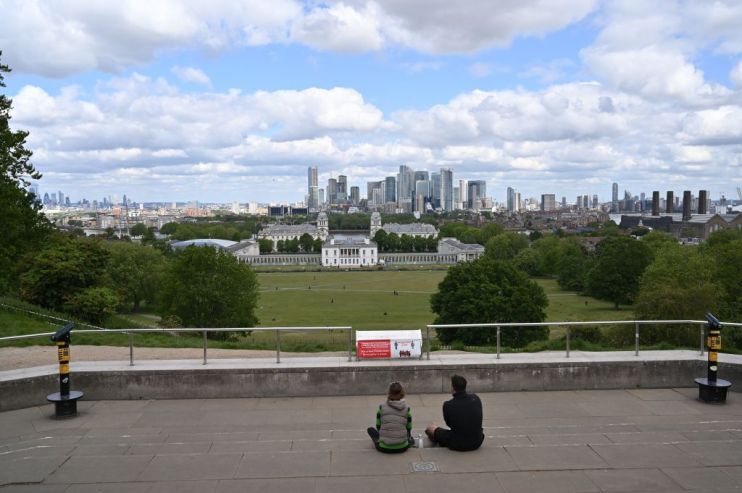Social licence: How financial markets can switch focus and help solve humanity’s greatest challenges

If there was ever any question as to whether we value human life more than money, the coronavirus pandemic has surely answered it.
The protection of ordinary people, in this country and indeed in almost every country in the world, has come at an extraordinary economic cost. Yet only a minority of people have dared to suggest that this was too high a price to pay. Life has intrinsic value.
But the financial world often seems to operate largely as if this were not the case. Its functioning rests on a set of false narratives, from the “invisible hand” of markets to those of the Wolf of Wall Street kind, which suggest that its inhabitants are fundamentally self-interested.
No one really believes this to be true. But the narratives are so deeply embedded nonetheless that they shape market practice, legislation, and the everyday behaviour of people in finance and beyond.
It is partly because of this that a fracture exists between the financial world and the rest of society. There is growing anger towards business and capitalism, and a feeling — fair or not — that those responsible for the crash of 2008 were never punished for it. There is a widespread belief that the financial world acts without regard for wider society.
But the challenges we face today, from the pandemic to the climate crisis, demand an urgent solution in which the world of finance is key.
We need to heal that fracture — and to do that, we must reorient the financial world more fully towards the public good. We can restore trust and, as a society, meet humanity’s greatest challenges with confidence.
If we do not make that transition, then a catastrophe awaits.
Few appreciated the significance when former Bank of England governor Mark Carney spoke of “social licence for financial markets” in his June 2015 Mansion House speech. This social licence is essentially a permission given by society to the financial world to act in a way that serves the best interests of all. It can be seen in regulatory licensing regimes, but is not confined to them. It also implies an aspiration for what financial activity could be at its best: something that operates in such a way that everyone’s intrinsic human value is most fully realised.
Our failure to recognise that this licence exists and to conduct ourselves by reference to it allows narratives of self-interest to continue to inform, and even dictate, financial activity. The question financial operators must always be asking themselves is one with which, over the course of our present crisis, we have all become very familiar: “Is this right for me and everyone else?”
The aim is to turn a vicious cycle into a virtuous one. If the financial world is oriented more fully towards the public good by pursuing just ends by just means, we can establish a new and different relationship between the world of finance and society, and strengthen the social cohesion on which finance depends, leaving us better placed to tackle current challenges.
This begins by dismantling false narratives that encourage or excuse predominantly self-interested behaviour — not denying the crucial role of self-interest, but situating it in the context of broader goals. We can also look to change simplistic laws that imply the absence of a social licence by assuming people are naturally self-interested. In other areas this is not the assumption: UK rules on organ donation assume people are willing to donate unless they opt out, for instance.
Policy measures may help more directly. We could consider having firms articulate their statements of purpose by reference to the social licence. And we might also look into the value of integrated reporting — reporting on the degree to which a company is achieving both financial and broader human goals — as some firms are already doing.
Current work on corporate purpose is valuable, but will only lead to systemic change if it operates by reference to an understanding of systemic purpose. We need to engage with the account of financial life advanced by the social licence at every level of the financial ecosystem — individuals and firms, and groups within firms. Just as “global warming” became “global heating”, and “climate change” became “the climate crisis”, we can change the language we use and the story we tell about the financial world — and in doing so change behaviour.
Now, we are at a hinge moment in history. Even before the pandemic, intuition was growing that something was badly wrong and needed fixing. Now, we are turning to increasingly radical solutions — political and otherwise — as a result.
Society’s frustrations with the financial world may in part be justified. But though that world is part of the problem, it is also a part of the solution.
Main image credit: Getty